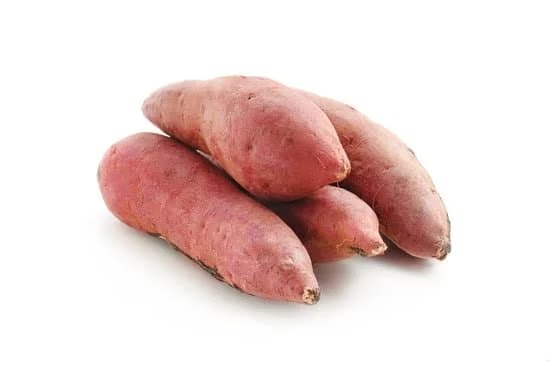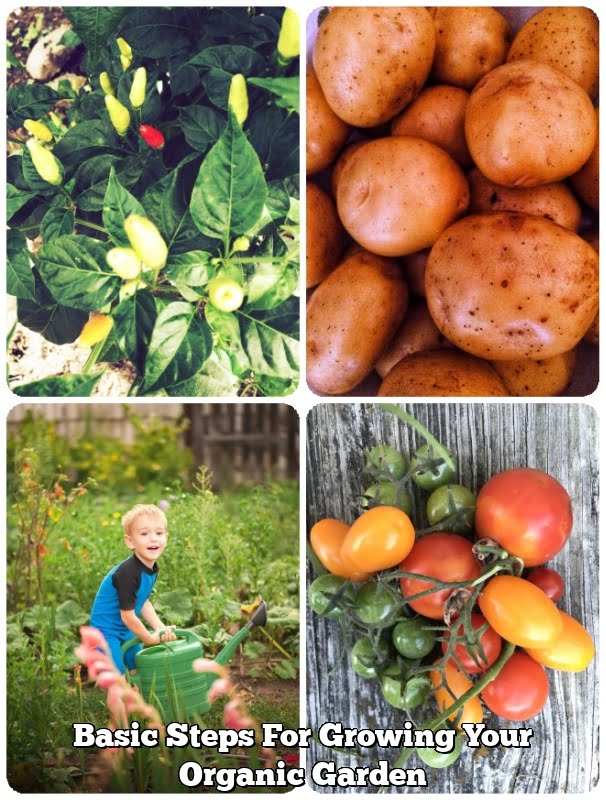Growing A Raised Vegetable Garden
When most people think about gardens, they think about the ground. After all, that is where plants typically grow best, isn’t it? Well, what if you don’t have the space or the right conditions to grow a garden on the ground? Or what if you want to start gardening earlier in the season or keep gardening later into the fall? A raised vegetable garden may be the perfect solution for you!
A raised vegetable garden is a garden that is planted in a raised bed. A raised bed is simply a garden bed that is raised above the ground. This can be done in a number of ways, but the most common way to create a raised bed is by using a raised bed kit. A raised bed kit typically comes with a number of pieces that you put together to create a raised bed. The pieces are typically made from wood, but they can also be made from other materials, such as plastic or metal.
One of the benefits of using a raised bed kit is that it is easy to put together. Simply follow the instructions that come with the kit, and you will have a raised bed in no time. Another benefit of using a raised bed kit is that the raised bed is typically raised higher off the ground than a garden bed that is not raised. This can be beneficial, especially if you have poor soil or if you live in an area that has a lot of pests. Raising the garden bed above the ground can help to keep the pests away.
Another benefit of raised vegetable gardens is that they can be used in a variety of ways. You can use them to create a small garden, or you can use them to create a large garden. You can also use them to create a garden that is in a specific shape, such as a rectangle or a square. This can be helpful if you want to create a garden that is specific to your needs.
One of the biggest benefits of raised vegetable gardens is that they can be used to garden earlier in the season or to garden later into the fall. This is because a raised garden bed can be used to create a warm environment for your plants. By using a raised garden bed, you can create a garden that is several degrees warmer than the ground. This can be helpful if you live in an area that has a cold climate or if you want to start gardening earlier in the season.
A raised garden bed can also be used to create a garden that is protected from the wind. This can be helpful if you live in an area that has a lot of wind. By using a raised garden bed, you can help to protect your plants from the wind.
If you are thinking about starting a raised vegetable garden, there are a few things that you need to keep in mind. First, you need to make sure that you have enough space for a raised garden bed. Second, you need to make sure that you have good soil. Third, you need to make sure that you have the right tools to garden in a raised bed. And fourth, you need to make sure that you are willing to put in the extra work that is involved in gardening in a raised bed.
If you are able to meet these requirements, a raised vegetable garden may be the perfect solution for you. A raised garden bed can be a great way to garden in a small space, and it can be a great way to garden in a cold climate.
Keter Easy Growing Garden Raised Garden Bed Elevated Vegetable Planter
The Keter Easy Growing Garden Raised Garden Bed Elevated Vegetable Planter is a great way to get your garden on the ground. This planter is easy to set up and easy to use, making it perfect for beginner gardeners or anyone who wants a quick and easy garden solution. The raised design means that you can garden even if you don’t have a lot of space, and the elevated planter makes it easy to access your plants and to garden even if you’re short on time. The Keter Easy Growing Garden Raised Garden Bed Elevated Vegetable Planter is also a great way to add a splash of color to your garden, and the elevated design means that you can garden even if you have a black thumb.
How To Keep Squirrels Out Of Raised Vegetable Garden
If you are a gardener, you know that there are many pests that can damage your plants. One such pest is the squirrel. If you have a raised vegetable garden, squirrels can easily climb up to get to your plants. In this article, we will give you some tips on how to keep squirrels out of your raised vegetable garden.
One way to keep squirrels out of your garden is to use a fence. You can either use a traditional fence or you can use a wire fence. If you use a traditional fence, make sure that it is at least six feet high. If you use a wire fence, make sure that the spacing between the wires is less than three inches.
Another way to keep squirrels out of your garden is to use a barrier. You can use a variety of barriers, such as chicken wire, hardware cloth, or plastic sheeting. Make sure that the barrier is at least 18 inches high and that it extends six inches below the soil surface.
If you are using a fence or a barrier to keep squirrels out of your garden, you will also need to make sure that the garden is well-maintained. This means that you should keep the plants trimmed and the garden free of debris. If there is a lot of debris in your garden, the squirrels will be able to use it as a hiding place.
You can also use repellents to keep squirrels out of your garden. There are a variety of repellents available, such as cayenne pepper, garlic, and mothballs. Repellents should be applied every two weeks, and they should be reapplied after it rains.
Another way to keep squirrels out of your garden is to plant deterrent plants. There are a number of plants that are effective at deterring squirrels, such as lavender, rosemary, and thyme.
If you are having trouble keeping squirrels out of your garden, you may want to consider using a fence or a barrier that is taller than the ones that we have listed. You may also want to consider using a stronger repellent.
Raised Bed Vegetable Garden Fertilizer
A vegetable garden can provide you with a wealth of fresh produce, but to make sure your garden is productive, you need to fertilize it regularly. One option is to use a commercial vegetable garden fertilizer, but another option is to make your own raised bed vegetable garden fertilizer.
To make your own raised bed vegetable garden fertilizer, you will need:
1 cup of Epsom salts
1 cup of vegetable or chicken manure
1 cup of compost
1 cup of water
Mix the Epsom salts, manure, compost, and water together in a container, and stir until the ingredients are well combined. Pour the fertilizer over your garden beds, and water it in well.
The Epsom salts in this fertilizer help to improve the overall health of your plants, while the manure and compost provide them with essential nutrients. This fertilizer is especially beneficial for tomatoes, peppers, and eggplants, but can be used on any type of vegetable garden.
Raised Vegetable Garden Size
When it comes to vegetable garden size, there are a few things to consider. The most important factor is how much space you have available. Other factors to consider are the types of vegetables you want to grow and how much time you want to spend tending to your garden.
If you have a small yard or limited space, you can still grow a productive vegetable garden. You can grow vegetables in containers or raised beds. Raised beds are a great option if you want to grow vegetables in a small space. They are easy to build and you can customize the size to fit your needs.
If you have a large yard, you can grow a larger garden. You can either plant a traditional garden or use raised beds. If you have a lot of space, you can also grow vegetables in a greenhouse.
The best way to determine the size of your vegetable garden is to figure out how much space you have available and then choose the vegetables that will grow best in that space.

If you’re looking to get into vegetable gardening, or are just looking for some tips on how to make your current garden better, then you’ve come to the right place! My name is Ethel and I have been gardening for years. In this blog, I’m going to share with you some of my best tips on how to create a successful vegetable garden.





